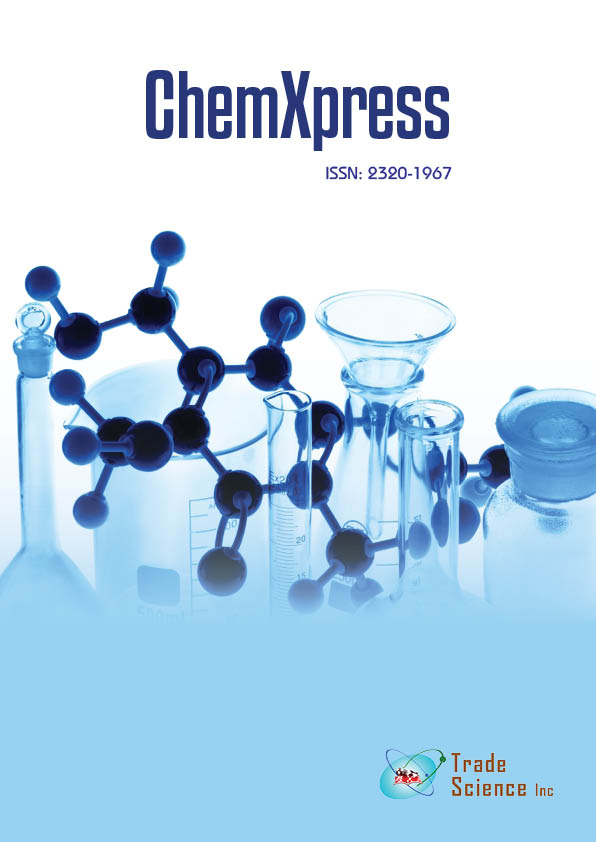నైరూప్య
Seperation and identification of glucosinolates in Chinese kale by LC/ESI-MS and comparison of their contents in ten cultivars of Chinese kale (Brassica alboglabra L.H. Bailey)
La Guixiao, Liu Guoshun, Fang Ping
A little information is available on the kinds and contents of glucosinolate (GS) in Chinese kale (Brassica alboglabra L.H. Bailey), a kind of healthy food widely grown in China. The objectives were to identify the glucosinolates in Chinese kale and determine the variety of glucosinolates in ten cultivars widely grown in China. Eleven glucosinolates were identified in bolting stem of Chinese kale among ten cultivars by LC/ESI-MS. The GSs identified include seven aliphatic GSs and four indolylGSs. Four very important glucosinolates for cancer chemoprotection, i.e. glucoiberin, glucoraphanin, sinigrin and glucobrassicin, were all detected in Chinese kale. Total glucosinolate content in bolting stem varied significantly (P<0.05) and ranged from5.21 to 11.92 ìmol g-1 DWamong ten cultivars of Chinese kale. The aliphatic GSswere predominant, representing 81.63%of the total glucosinolate content on average, while indolyl glucosinolates represented 18.37%. Gluconapin was the major glucosinolate in ten cultivars except cv.GZ2. The presence of high concentration of sinigrin, glucoraphanin, glucoiberin, and glucobrassicin in bolting stems warrant further research into their potential use to enhance the level of these important phytochemicals in Chinese kale.
